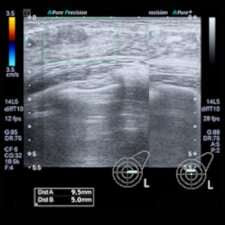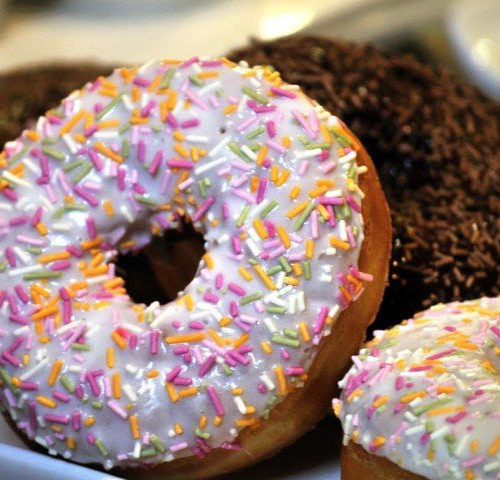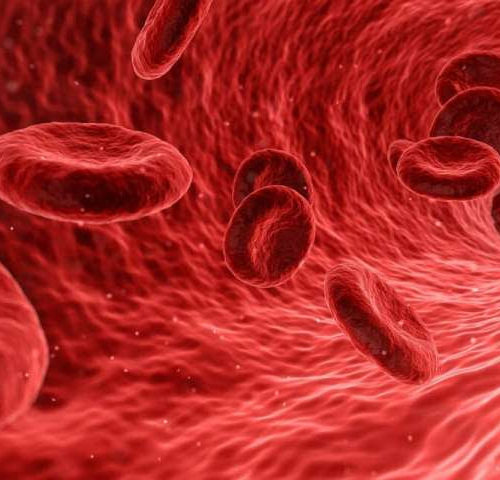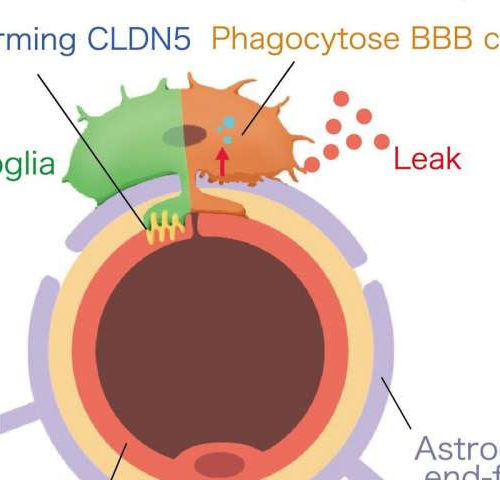TEMPLE UNIVERSITY HEALTH SYSTEM IMAGE: SERVIO H. RAMIREZ, PHD, PROFESSOR OF PATHOLOGY AND LABORATORY MEDICINE AT THE LEWIS KATZ SCHOOL OF MEDICINE AT TEMPLE UNIVERSITY AND PRINCIPAL INVESTIGATOR ON THE NEW STUDY. (Philadelphia, PA) – Like a key, SARS-CoV-2 – the virus that causes coronavirus disease 2019 (COVID-19) – attaches to specific molecules on the...
Tag: <span>blood-brain barrier</span>
Researchers destroy cancer cells with ultrasound treatment
An international research team led by Dr. Tali Ilovitsh of the Biomedical Engineering Department at Tel Aviv University developed a noninvasive technology platform for gene delivery into breast cancer cells. The technique combines ultrasound with tumor-targeted microbubbles. Once the ultrasound is activated, the microbubbles explode like smart and targeted warheads, creating holes in cancer cells’...
Diagnosing brain tumors with a blood test
by University Health Network Dr. Daniel De Carvalho and Krembil Brain Institute Medical Director Dr. Gelareh Zadeh collaborated to combine advanced technology with machine learning to develop a highly sensitive and accurate blood test to detect and classify brain cancers. Credit: UHN A simple but highly sensitive blood test has been found to accurately diagnose...
Scientists discover that nicotine promotes spread of lung cancer to the brain
WINSTON-SALEM, N.C. – June 4, 2020 – Among people who have the most common type of lung cancer, up to 40% develop metastatic brain tumors, with an average survival time of less than six months. But why non-small-cell lung cancer so often spreads to the brain has been poorly understood. Now scientists at Wake Forest...
Our ability to focus may falter after eating one meal high in saturated fat
Fatty food may feel like a friend during these troubled times, but new research suggests that eating just one meal high in saturated fat can hinder our ability to concentrate – not great news for people whose diets have gone south while they’re working at home during the COVID-19 pandemic. The study compared how 51...
Focused ultrasound opening brain to previously impossible treatments
University of Virginia’s School of Medicine and School of Engineering, is using focused soundwaves to overcome the natural ‘blood-brain barrier,’ which protects the brain from harmful pathogens. Credit: Dan Addison | UVA Communications University of Virginia researchers are pioneering the use of focused ultrasound to defy the brain’s protective barrier so that doctors could, at...
APOE4 triggers early breakdowns in the blood-brain barrier
by University of Southern California New USC research reveals how APOE4, a genetic culprit for Alzheimer’s disease, triggers leaks in the brain’s plumbing system, allowing toxic substances to seep into the brain areas responsible for memory encoding and other cognitive functions. The damage is linked to future problems in learning and memory, even when the...
Alzheimer’s patients may need dosing changes in medicines prescribed for other conditions
by American Chemical Society Patients with Alzheimer’s disease (AD) are often prescribed drugs for other conditions—including diabetes or high blood pressure—at the same doses as those without dementia. That practice might need to be reexamined in the wake of new mouse studies reported in ACS’ Molecular Pharmaceutics. The findings suggest that AD could alter absorption...
Our own immune cells damage the integrity of the blood-brain barrier
by Nagoya University Researchers have shown that microglia, a class of immune cells in the brain, regulate the permeability of the brain’s protective barrier in response to systemic inflammation. During inflammation, microglia initially protect the barrier’s integrity, but they can later reverse their behavior and increase the barrier’s permeability. The blood-brain barrier is a layer...
Treatment for depression must also restore proper functioning of the blood-brain barrier
by Laval University To better treat people with depression, not only must we treat the neurons affected by the disease, but we must also restore the integrity of the barrier that regulates exchanges between blood circulation and the brain. This is the conclusion of a study published today in PNAS by Université Laval researchers and...








